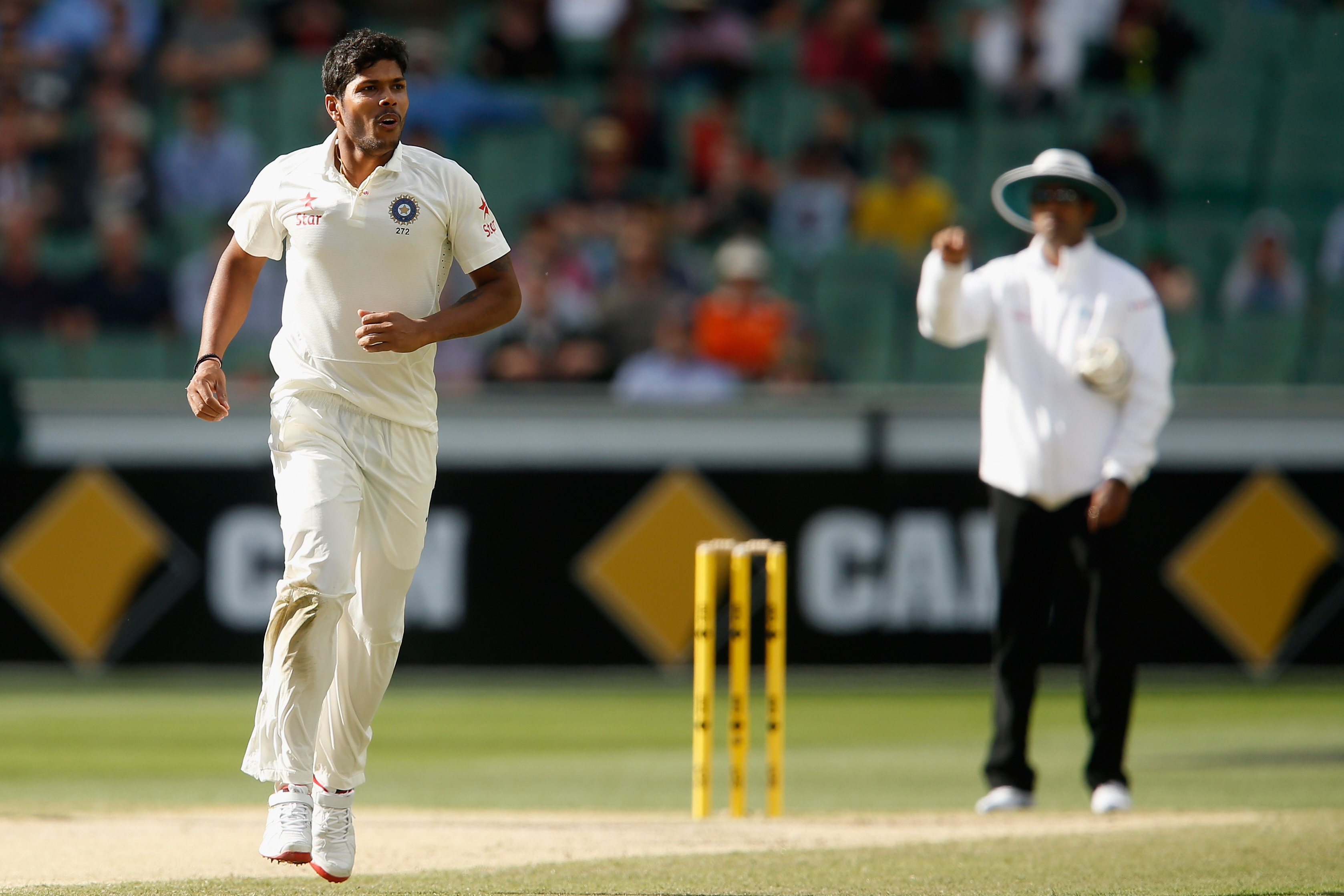Sanjay Manjrekar suggests resting key bowlers for the final Tests
Former cricketer and commentator Sanjay Manjrekar has said that India should keep rotating their bowlers between different series in order to keep them fresh and injury free for a longer time. Manjrekar also attributed India's recent successes to the improved fitness levels of the players.

"During our last tour to England in 2014, Ed Smith remarked that one of the English
Explaining how important it is to rest the key bowlers, Manjrekar added, "See, sometimes, we play people because of their performance and experience, but there've been numerous experiences in the past, like in that particular series, James Anderson seemed tired towards the end of the series and wasn't at his best. He wasn't as potent as he can be. So, we see a Stuart Broad and a Chris Woakes missing the odd Test. It's become a new thing, and there's some sense to it."
Manjrekar, also suggested that it would be better for India to rest either Umesh Yadav or Mohammed Shami, who bowled close to 80 overs in the third Test, for the final Test against England.
"They're both bowling at 140mph. They've
Manjrekar also lauded the progress India has made in improving the fitness and fielding levels of the players.
"Fitness and fielding levels have never been better. It has greatly helped, especially when it comes to running between the wickets. In our times, fielding and running between the fielding made the difference between us and the other teams," he said.
The former batsman also pointed to the example of World T20 match against Australia where the running between the wickets by Virat Kohli and MS Dhoni helped India steal vital runs when they needed 59 runs to win from the final 5 overs.
"A classic example is India's win over Australia at Mohali in the World Twenty20. It was only due to the exceptional fitness levels. And I say this purely because of the way they ran between the wickets during their long partnership," he observed.

Comments
Sign up or log in to your account to leave comments and reactions
0 Comments